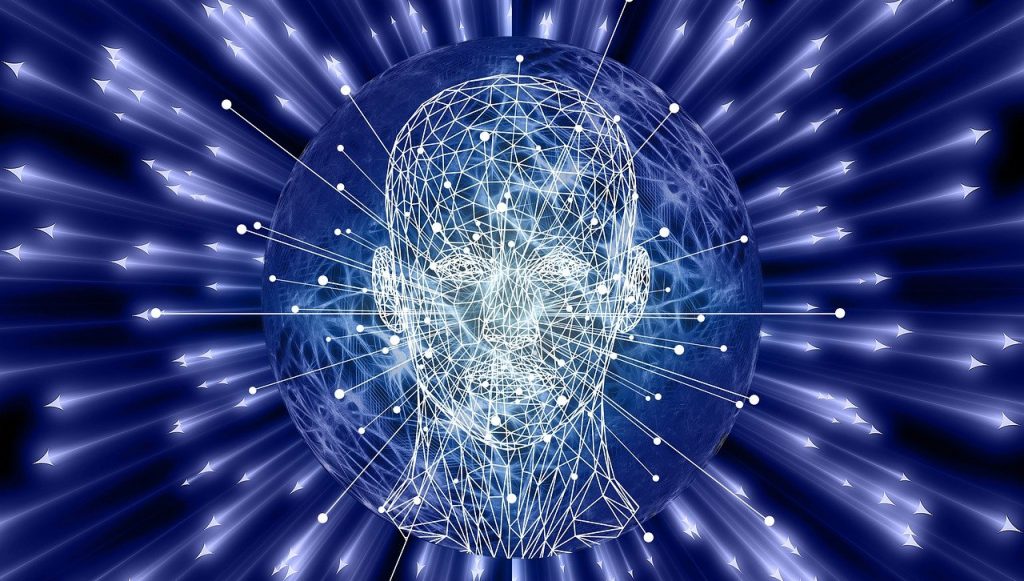The human brain, hands down, is nothing short of a marvellous structure. The incredible cognitive abilities it is equipped with enables it to invent the wheel, build spacecraft, execute the mission to Mars and what not. This is the reason why scientists sometimes address the human brain as the “crowning achievement of evolution”.
This complex structure comprises approximately 100 billion neurons forming millions of connections. Often, it is compared with other complex structures having huge problem-solving capabilities.
Having said that, what exactly is it that makes the human brain so unique? There are numerous theories and hypotheses revolving around this discussion, leading one suggesting that brains comprise a great number of neurons and have the capability to dole out more energy than is expected given its size and the fact that the human cerebral cortex is unreasonably large – occupying more than 80% of the net mass of the brain. This region of the brain is credited to be responsible for higher cognition.
Human brain and Genetics
Humans are similar to other animals at the genetic level. We happen to share close to 90% of the DNA with our nearest relatives who are gorillas, chimpanzees and bonobos. Humans and mice too, are said to have a similar structure of gene or rather many of the same genes. This is the very reason why scientists rely on mice as a model for learning about human diseases. However, in recent times, it has been disclosed that the way in which genes, fragments of DNA coding for particular proteins get expressed could be very different amongst humans and other animals.
When experts compared mice with humans, they discovered that although the genes linked with neurons were well-preserved amongst species, those that are linked with glial cells – non neuronal cells with a range of functions, were not. It was uncovered that the gene patterns linked with glia coincide with those involved with the ailments of the brain. Such findings supply to the new developments which debunk that glial cells, which were for long thought to be the support cells of the brain, are in reality a major factor in disease and development.
Humans from monkeys
Plasticity could be what lies behind the particular differences in the brain leading to our special cognitive skills. A study reveals that the human brain could be less inheritable, genetically, and hence more plastic compared to chimpanzees who are deemed to be our closest ancestors.
Further to the findings, it was revealed that even though the size of the brain was highly heritable in both of the species, the arrangement of the cerebral cortex particularly in the sites that are participating in the higher-order cognition functions was less genetically regulated in humans than that of chimpanzees. A supporting explanation in this regard for the difference as per experts surfaced to be that our brains are less developed compared to our primate cousins at the time of birth. It generates a long duration in the course which can be molded by surroundings.
